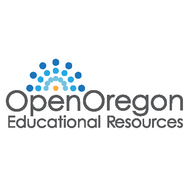Introduction to Teaching Spanish
(View Complete Item Description)This course introduces students to the field of teaching Spanish. We will explore current practices in beginning Spanish language classrooms, engaging in firsthand observation and guided reflection as well as discussion. We will research and discuss a wide variety of educational issues such as classroom language use, culturally responsive pedagogy, classroom management, student motivation, and trends in language teaching. You will identify and articulate your own beliefs about teaching, and develop individual plans for professional development in the field of Spanish language education. This course is conducted in Spanish. Course Objectives: During the course, students will: • Develop the ability to understand and speak Spanish in the context of the field of Education • Observe Spanish language classes and reflect on those observations • Explore academic and career pathways related to teaching Spanish • Develop and strengthen a personal teaching philosophy • Research and share findings relating to inclusion, equity, and culturally responsive teaching practices
Material Type: Syllabus




















